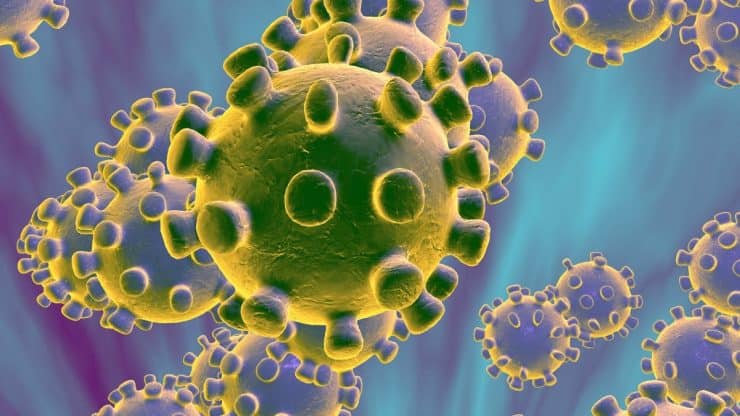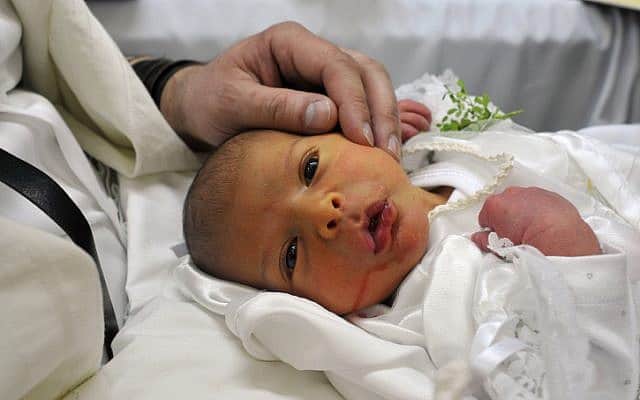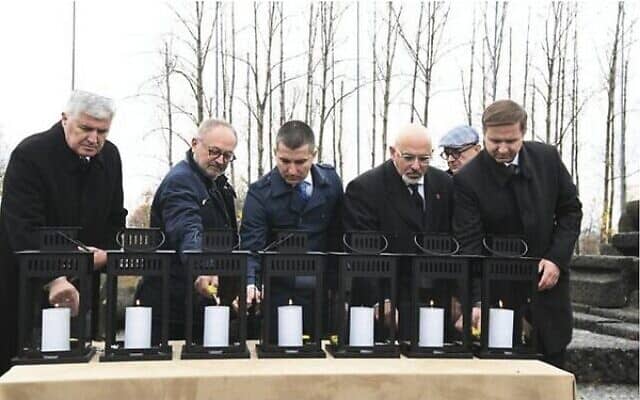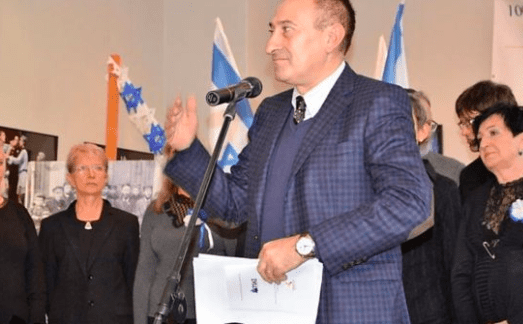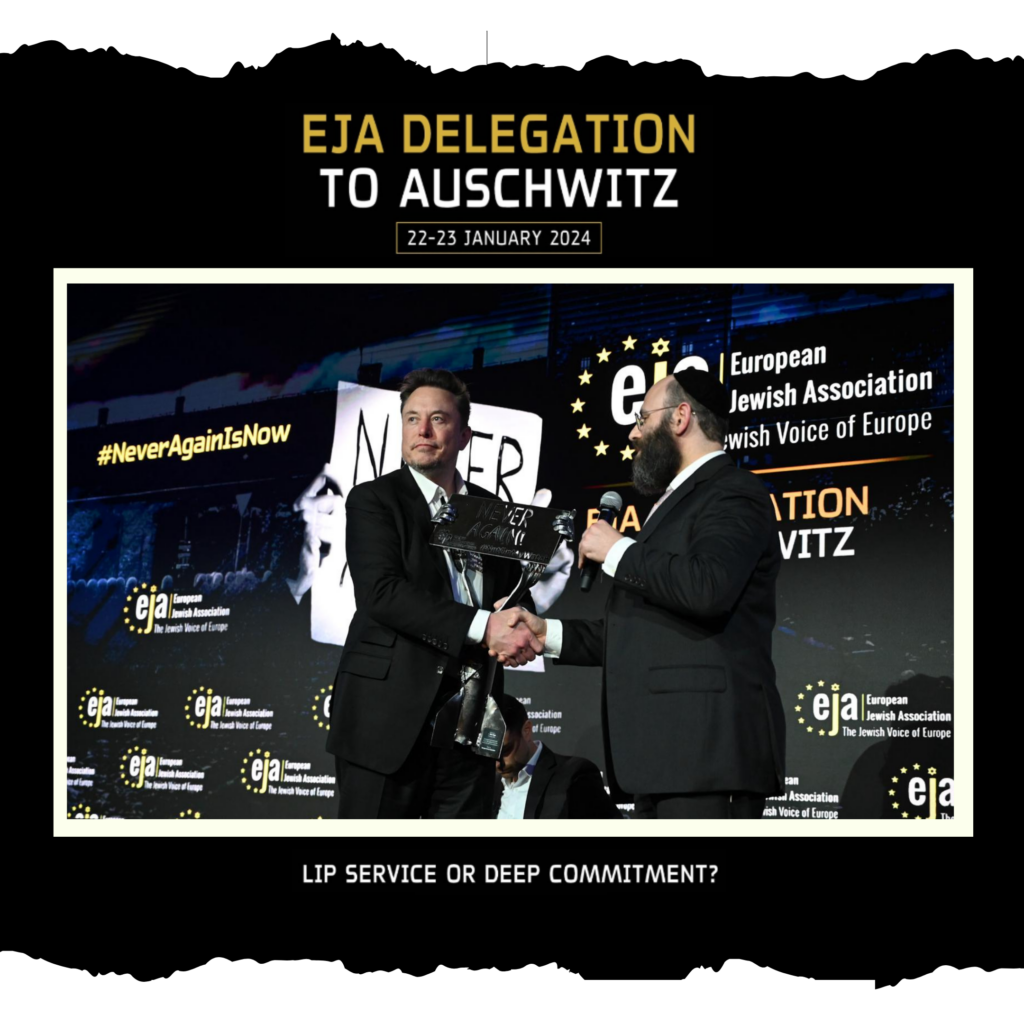As Belgium joins the latest countries to go into lockdown due to the coronovirus, we would like to take this opportunity to wish you all well, that your families and loved ones may remain safe and healthy and that the outbreak will be over quickly. In the meantime, Shabbat Shalom and stay positive and strong.


